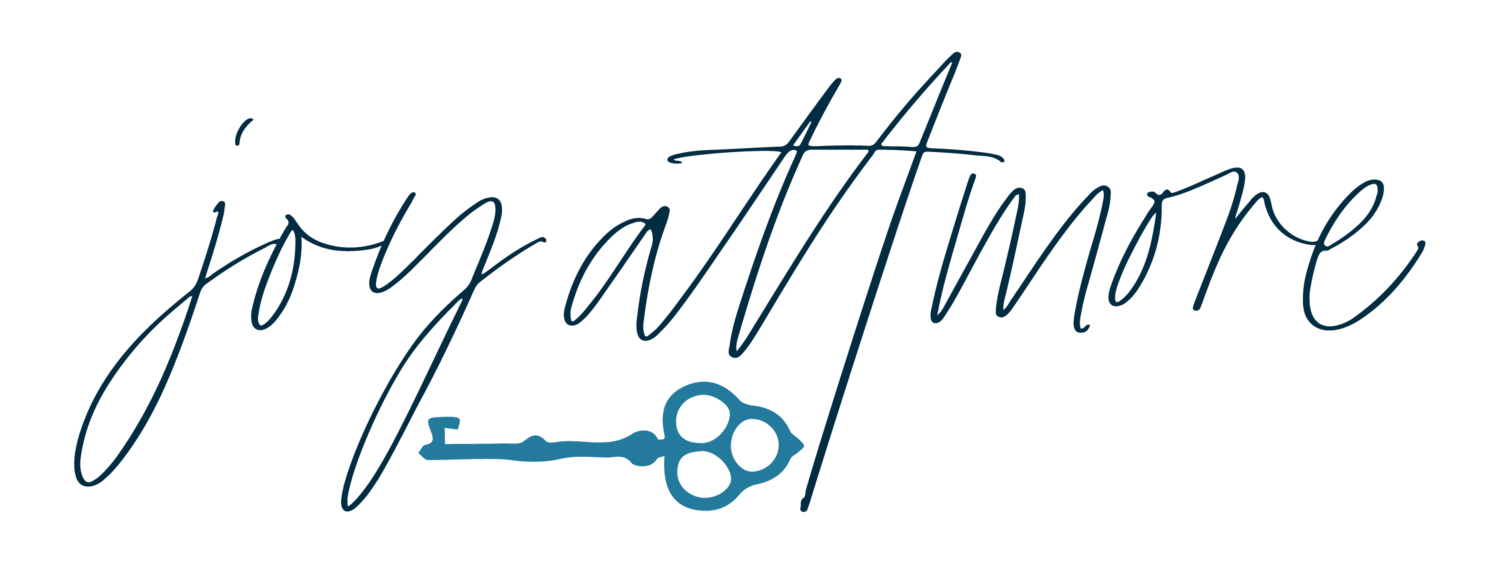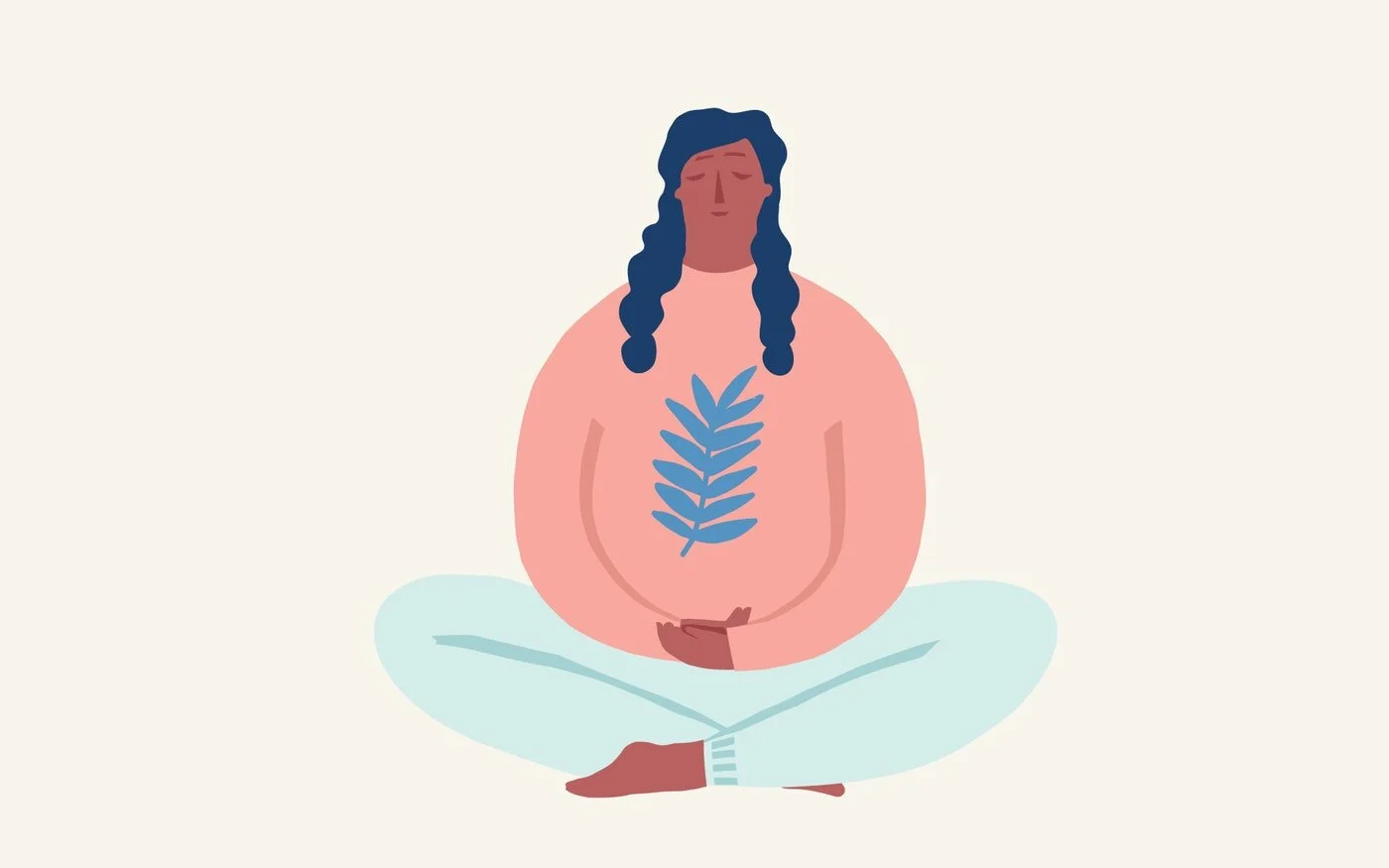It’s been hard to get out of bed recently. Granted on my best day I’m sure I’d still want to hit snooze and have a few more minutes under the covers, but as of late I could have taken the whole day. If my body wasn’t now employed to keep a very scrumptious five month old alive, I probably would have.
You know you’re tired when the thing you were full of zeal for just a week ago, is now the thing that drains the life from your eyes at the very thought of it. At the same time, I am deeply aware of how much I care about those things. I don’t want to give up. I need to keep moving, pushing forward…getting out of bed. And so I’ve been having little talks with myself. My mind and my body in conversation with one another, ‘You can do this Joy. You need to keep moving. Freedom needs you. You’ll regret it if you don’t get up now. You’ve got this.’
I’ve always been good in a crisis. The 2 in me thrives (check out The Enneagram if you have no idea what I’m talking about) as I survey the scene of catastrophe before me and move into action to help anyone I can. With adrenaline coursing through my veins, I can keep going and going - putting out fires, treating the sick, holding the bereaved and lending my ear to the broken. But if the onslaught is too relentless, and the space for my replenishment not found, I’ll eventually be hit with the crash.
And regardless of our number and personality - we all will be.
I started hearing the phrase crisis/compassion fatigue about a month ago. The first time was whilst I was listening to Jo Saxton and Alli Worthington on their morning Instagram Live. Their conversation highlighted the importance of self-care in the midst of caring for others and fighting for racial justice. Essentially they were giving a warning to all of their listeners: “The world is crazy right now. There’s a lot going on and we need you to keep fighting and stay in the race; so don’t get taken out by exhaustion.”
At that time I wasn’t feeling too tired. I was actually pretty charged with energy, but the warning resonated all the same. I felt the importance of taking heed. So I did, and as I tried to tighten the reins on the speed of life, I also passed this warning on to those around me. But 2020 has let up for no one.
The dictionary defines compassion fatigue as:
noun
‘indifference to charitable appeals on behalf of those who are suffering, experienced as a result of the frequency or number of such appeals.’
In Wikipedia it is explained as:
‘Compassion fatigue is a condition characterized by emotional and physical exhaustion leading to a diminished ability to empathize or feel compassion for others, often described as the negative cost of caring. It is sometimes referred to as secondary traumatic stress.’
Essentially, it is possible to care so much for others and be so invested in a cause that your mind and body become overwhelmed by the amount of output required and do a 180 on you, leaving you wanting to run full-pelt in the opposite direction of where you started.
There wasn’t a climatic moment which caused me to want to press the brakes on everything and just stay in bed with my little family of three. It felt more gradual, like when sleepiness slowly creeps in at the end of a long day, starting with a succession of yawns and then before you know it you’re fast asleep whilst supposedly watching a movie with your husband. Anyone?!
That’s the danger of fatigue though, you often don’t realize you have it until you find yourself consistently choosing pjs and pressing cancel on commitments.
““We have not been directly exposed to the trauma scene,
but we hear the story told with such intensity, or we hear
similar stories so often, or we have the gift and curse of
extreme empathy and we suffer. We feel the feelings of our
clients. We experience their fears. We dream their dreams.
Eventually, we lose a certain spark of optimism, humor and
hope. We tire. We aren’t sick, but we aren’t ourselves.””
2020 is going down in the history books as that year. Everything that could be thrown at us pretty much has been, and this is only July, we still have to get through the US elections in November. Lord, help us.
We’ve been navigating a global pandemic, creating a new normal in quarantine, losing jobs, rescheduling weddings, celebrations, concerts and events. Half the country has woken up for the first time to the reality that racism does actually still exist, and the fight for racial justice and equality has leapt forward with fresh vigor. Kanye is apparently now running for president, and fireworks through the night is now the new sound machine for inner city living. And this is just a snapshot…no wonder we’re tired.
So, how do you know if you’re experiencing fatigue? Here are some signposts:
Exhaustion - both physical & emotional
Reduced sense of accomplishment
Feelings of isolation
Sleep disturbances
Difficulty concentrating
Anger or frustration
Over-reactions or avoidance
Aches and pains
Muscle tension
Apathy and loss of interest
Loss of hope and meaning
Depression and PTSD
Your sense of identity, worldview, and spirituality feeling impacted
Isn’t that a fun list?!
If you find yourself identifying with some of these, then I’d love to share some simple ways that you can engage in loving yourself back to health.
1. Create Safety in Your World
What does your sensory world look like? Are you taking in music, shows, articles, environments that are life-giving? If so, change it up!
Be aware of what restores and replenishes you and invest time and space into those things.
Taking quiet alone time in a space that feels calm and beautiful does wonders for your soul.
List one thing that brings you joy and make that a daily priority.
2. Regulate the Body
Often our physical needs are the first to take the back burner when we’re under stress or over tired. Ensure that you are eating and sleeping regularly and well.
Carve out time to rest in a way that replenishes you physically.
Make time for relaxation and exercising.
The deep pressure created by weighted blankets can also be really helpful for aiding relaxation, as well as instilling a greater sense of security.
3. Non-Verbal Connection
Engaging in eye contact (warm, soft eyes) with those that you love and trust communicates deep love, security and a sense of feeling seen and known.
Experiencing healthy touch where and when possible - the hug from a friend or the cuddle from a spouse.
Playing, laughing and creating releases endorphins and encourages childlikeness as well as a sense of freedom.
4. Tell Your Story
Give yourself permission to name, sort out, and express your stress with someone you feel safe with. Sharing your story and processing your experience validates how you feel, as well as what you’ve been through. It also allows the trauma to move from the right side of our brain to the left, causing us to complete the healing journey in our minds.
5. Be Refilled Spiritually
When experiencing fatigue, it is not just our body or emotions that are affected but our very spirit gets impacted too. Recognizing this and allowing yourself to be refueled spiritually is important. Part of this process may involve needing to ask hard questions as it relates to your faith journey, as well as giving space for receiving fresh input.
Compassion actually means ‘to suffer with.’ Living with compassion is not an easy or romantic road to travel down. It requires something from us. It costs something. The answer to compassion fatigue is not to rid ourselves of the compassion part; it is to refill, refuel and refocus the fatigued part so that we can keep moving toward seeing our world made whole. Right now we’re in the messy middle, with a lot before us that we can’t afford to overlook or ignore again. So pause for a moment and take stock once more, engage in a personal health check, and revitalize the compassion muscle within you, because this is a marathon and we need you in it.







